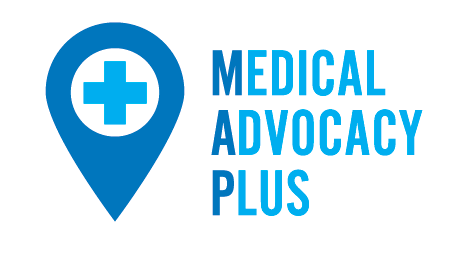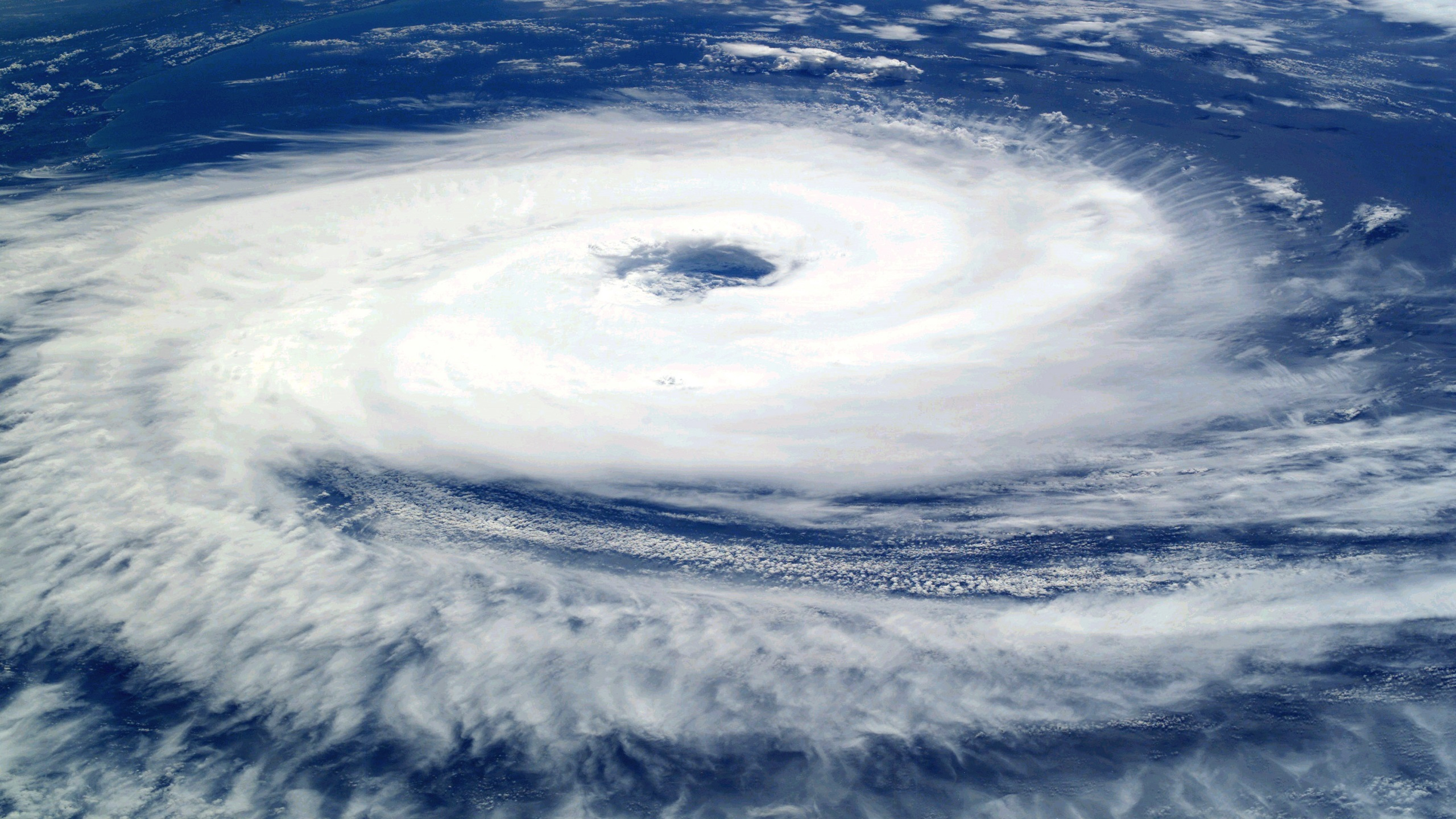12 Jun Hurricane Season is Here! Are you COVID-19 Prepared?
Summer months bring fun outdoor activities such as picnics, swimming, BBQs, and beaches; it also brings hurricanes. This year’s hurricane season is predicted to be more active than usual. Given indications that COVID-19 will persist during hurricane season, previous measures to evacuate and take shelter may look very different this year.
Recommendations to lower your risk of contracting the coronavirus like going outside and social distancing at least six feet will be difficult to achieve while sheltering in place. Where will you go, and how can you stay safe during the COVID-19 pandemic? Nearly 30,000 people fled to temporary shelters during Hurricane Harvey in 2017, thousands during Superstorm Sandy in 2011, and approximately 1.5 million people evacuated before Hurricane Katrina in 2005. Mass shelters are amplifiers of the spread of the coronavirus. How long should you stay in a shelter if that is your only option? The majority of the deaths attributed to the coronavirus are over the age of 75, may have you rethinking plans to evacuate to your parents’ or grandparents’ home. Families may live a long distance from their elderly parents and worry about their safety and preparedness. Some people may opt to stay at home rather than risk contracting the coronavirus while sheltering in place, which is especially concerning as many lives could be lost.
What action is taking place? Your local officials are communicating with the National Emergency Management Association planning safe shelters, gearing up on protective equipment, and increasing communication to incorporate social distancing to manage COVID-19. The CDC and FEMA are providing guidelines on staying safe in the pandemic. The American Red Cross is preparing hotels and dormitories to accommodate more space.
What can you do to stay COVID-19 safe during a hurricane or other natural disaster? Create an action plan.
ACTION PLAN
- Prepare ahead of time any medications/prescription you need for a 2-3-month supply.
- Gather your “Go-Box,” including medical history, advanced directives, insurance documents, first aid kit, medical supplies (blood sugar monitors, asthma inhaler, diabetes supplies), and a thermometer.
- Register with the Red Cross Safe and Well site to connect disaster survivors with their families https://www.redcross.org/safeandwell and list yourself as “Safe and Well” or search for friends and family link. You can use social media to let your family know you are safe and well.
- Stock up on face masks, hand sanitizer, antibacterial wipes, non-latex gloves.
- Wash your hands regularly if you are in a shelter.
- For those with low-income, ride-sharing services for evacuation transport may be an option.
- If you live a distance from your elderly parent or loved one and want assurance, they are well prepared, contact your patient advocate for assistance.
- The American Red Cross is working on the possibility of utilizing hotels for shelters.
- If you feel sick during an evacuation, or arrive sick at the shelter, notify the staff immediately. There may be options for active COVID-19 patients.
- Utilize hurricane preparedness guide for general preparation: www.weather.gov
Medical Advocacy Plus is here to help you prepare during hurricane season or any other natural disaster which may come your way. As a patient advocate, it is essential to know what factors can impede your health. It is the job of your patient advocate to provide you with the support and education to improve your health and empower you to make informed decisions. Today, we are focusing preparing you or your loved ones for natural disasters. Better to be prepared than to regret you were not!
Stay SAFE and WELL!

